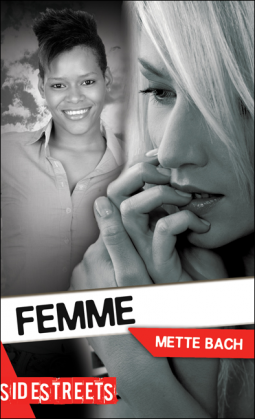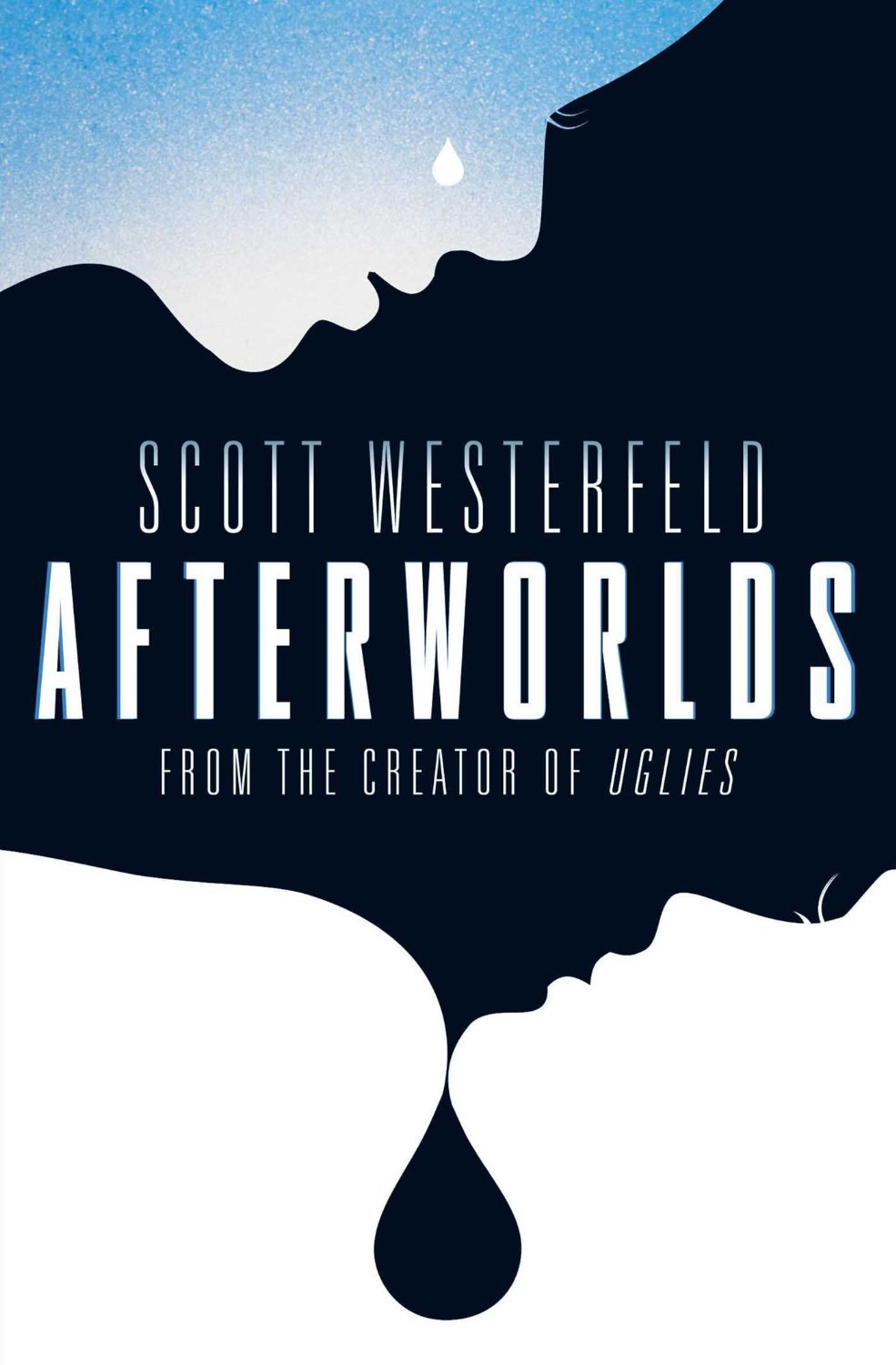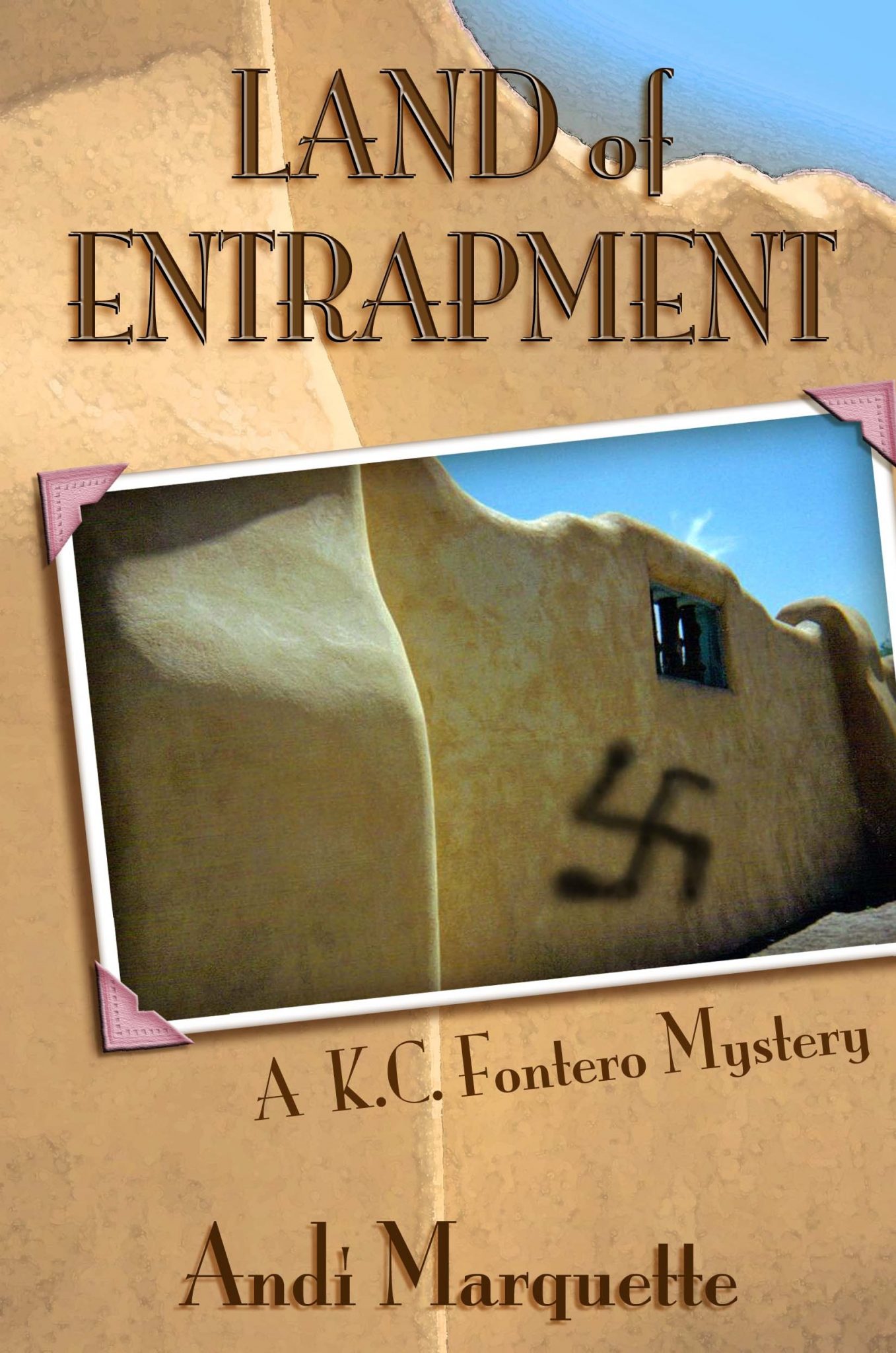Knowledge is power. Sofie, however, has always felt pretty powerless, at least when it comes to academics. She enjoys school—playing soccer and hanging out with her cute, popular boyfriend Paul. And even though she and her single mom don’t have a lot of extra money, their home is loving and stable. But now, close to graduation, she realizes that her world is changing. The time she spends with Paul isn’t what it used to be, and her mother is beginning to pressure her about the future. When Sofie gets paired with her high school’s star student Clea, she is sure this is the final straw. Until she realizes something else. Clea’s the only out lesbian at school, and once she and Sofie start working together, Sofie begins to question everything she thought she knew about herself, what she’s capable of, and what she might become. A road trip with Clea to scout potential universities kicks off an avalanche of self-discovery, one which sweeps away her old life and just about everyone in it.
I wanted to like Femme, and while I didn’t actually hate it, I was unable to muster much feeling one way or the other. It’s a hi/lo title (high interest, low reading level) but that classification doesn’t mean that the book must be shallow and simplistic. Unfortunately, Femme is just that. Everything happens too quickly, too easily. Time zooms along. On one page it’s Christmas, on the next page it’s months later with no inkling of anything that might have occurred in the interim. Character development seems limited to a few signifiers: Clea is a good student! Sofie is a foodie (who never really talks about food or cooks anything after declaring herself a foodie)! Paul is handsome and popular! Along we cruise towards the predictable end of the story. Coming out stories still have their place in LGBT lit, but it is not unfair to expect more from them these days than mere self-discovery. Sofie’s story offers nothing more than that, and even the self-discovery is as insubstantial as every other aspect of the book. It seems like Sofie comes out because the author decided to write a story about a girl coming out. No stress, no struggle, just another plot point and on we go.
The world needs stories. We especially need lesbian stories, lesbian stories of butch women, women of color and size and age, stories of self-discovery and first love. We need all of this, and while Femme tries hard to deliver, ultimately I believe we can do better.




